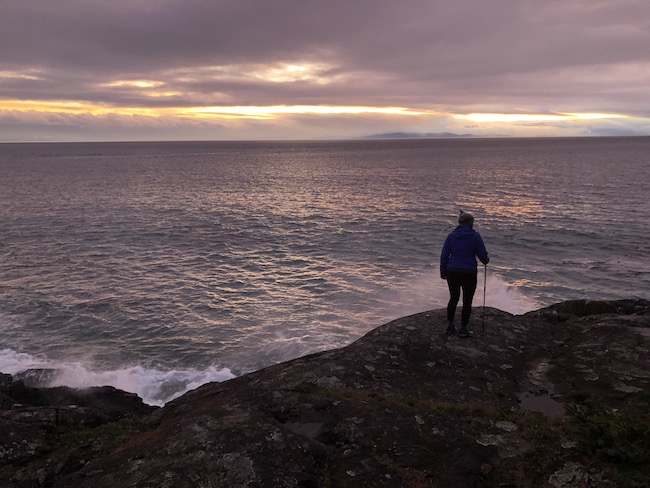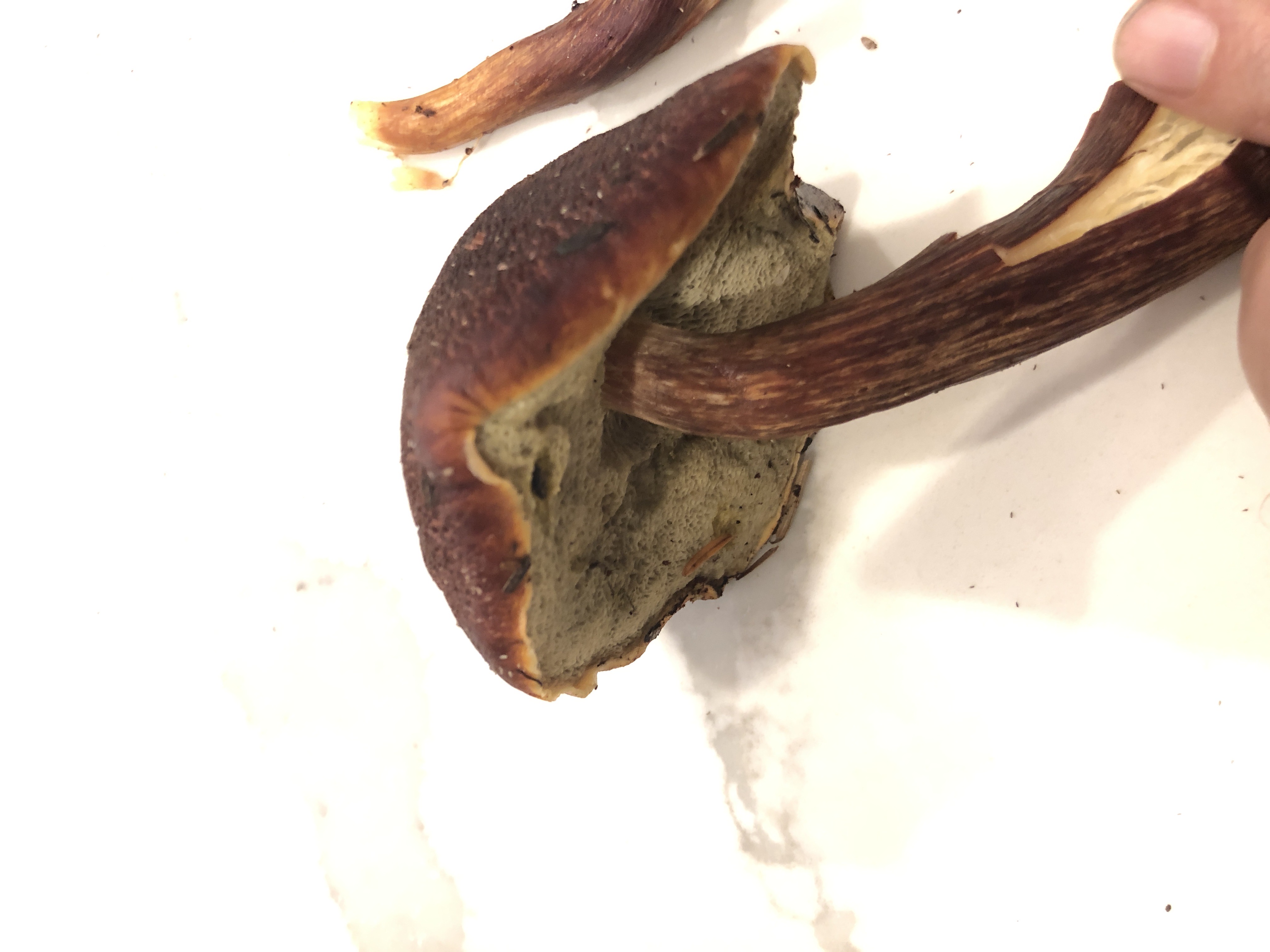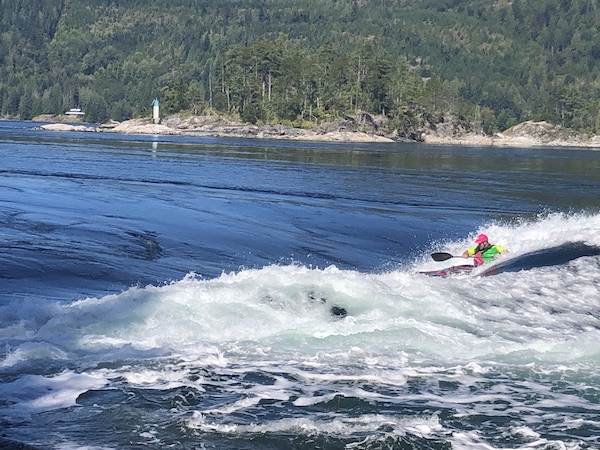
I think this quote really captures my own social justice practice and my own spiritual practice. Ilia Delio is perhaps what we would call an evolutionary theologian and what she says here about “becoming something that is not yet known” says volumes to me: By evolution, I mean simply that change is integral to life. We are becoming something that is not yet known. To live in evolution is to let go of structures that prevent convergence and deepening of consciousness and assume new structures that are consonant with creativity, inspiration, and development. Evolution requires trust in the process of …

I sometimes feel like I’m repeating myself here, but please indulge me. When I get my teeth into learning about something I come back to it over and over, finding new ways to think about it, polishing it up. I love blogs because they offer us a chance to put drafting thinking out into the world and get responses, forcing me to think more deeply and more clearly about things. Likewise teaching, which for me is always the best stone that sharpens the blade, so to speak. Tomorrow I will rise at an ungodly hour – 4am – to teach …

I was watching this great interview with Roger Penrose this morning speculating on the origins of the Big Bang, and sharing some of his most recent thinking on how the universe might be in an eternal cycle of recreation in which, at certain points in the cycle, size and time don’t matter. My early morning mind connects a lot of things together, and today that video led to a reflection on smoothness and lumpiness. And the universe, mushrooms, and jazz. One of the fundamental patterns in the universe is that there are clumps of matter. This always amazed me. The …

James Gleick, the author of the classic book “Chaos: Making a New Science” has written a terrific review of Jill Lepore’s new book “If Then: How the Simulmatics Corporation Invented the Future.”The book covers the origin of data science as applied to democracy, and comes as conversations about social media, algorithms, and electoral manipulation are in full swing due to the US election and the release of The Social Dilemma. Gleick’s review is worth a read. He covers some basic complexity theory when working with data. He provides a good history of the discovery of how the principles of “work …

It is the most human thing to recognize patterns. We are attuned to rhythms in nature that repeat: seasonal changes in the land around us, the ebb and flood of the tide, migrations of birds, the ripening of fruits, flows of water and the rhythms of the day. We also see shape and line and image, and our brains even impose order on otherwise random images like cumulus clouds in a summer sky or inkblots on a therapist’s couch. As babies, we recognize the similarities and differences that are crucial to our survival. The sound of our mother’s voice, the …

